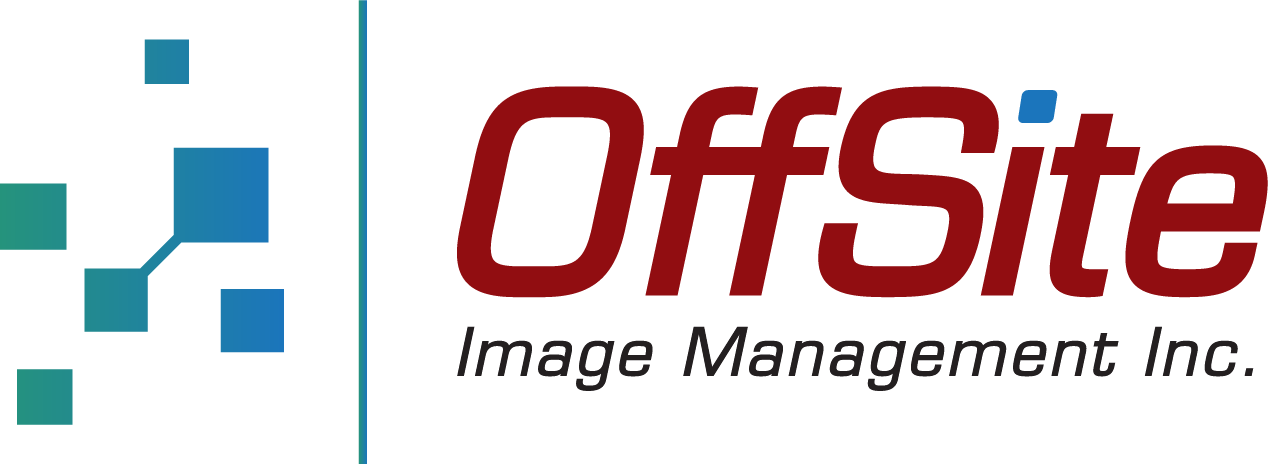Keeping Hospital Data Safe and Available
There were 112 million records compromised at hospitals through the U.S. in 2015. Millions of patients’ data got into the wrong hands, and it’s something that providers are looking to prevent from happening in 2016. How can you keep your hospital data safe and yet available to your healthcare professionals when they need it?
patients’ data got into the wrong hands, and it’s something that providers are looking to prevent from happening in 2016. How can you keep your hospital data safe and yet available to your healthcare professionals when they need it?
Preventing data breaches often becomes a priority after something has already occurred. For instance, a laptop was stolen from Beth Israel Deaconess Medical Center in Boston in 2012, prompting hospital officials to take a more thorough look at their security efforts. They began to require encryption of data on corporate and personal devices. They also stepped up their education regarding security with every staff member.
Another hospital, Boston Children’s Hospital, had their security measures tested during a DDoS attack, which is suspected to have been perpetrated by the hacktivist group Anonymous. While the hackers weren’t able to get into any patient records, there were some problems uncovered, one of which was the hospital’s reliance on email and Internet connectivity. They addressed the issue by bringing in better DDoS protection.
Surprisingly, since HIPAA legislation aimed at protecting patient data was passed in 1996, the fines levied against hospitals since have not had much of an effect on how they work to prevent theft, loss or hacking. One reason might be that the civil rights office, which can impose large fines for breaches, rarely does. For instance, in 2014 there were around 18,000 complaints made, yet only six were acted upon in a formal fashion.
Regardless if there are fines, hospitals should do everything they can to protect hospital data from being compromised, in part because it can lead to identity theft and compromised credit card and bank account information. Can the cloud come to the rescue?
Cloud computing, once highly suspect to healthcare providers due to a fear that security wasn’t tight enough, has become a go-to solution for keeping hospital data safe, secure and available. If the goal is to become a smaller target, cloud computing can offer that. While there will always be an issue regarding theft or lost laptops, hospitals can continue to encrypt data to keep it from being accessed by hackers, and use cloud resources for storage so that the data remains locked away securely.
Not only are cloud servers secure from hackers, they also offer business continuity solutions and disaster recovery options to prevent havoc caused by mother nature and manmade disasters from impinging on access to your hospital data. The best vendors providing cloud storage services will utilize Level IV data centers, which have extreme security measures, including on-site personnel who provide security.
OffSite Image Management, Inc., a cloud storage provider, is offers a 360-degree solution to management of hospital data. OffSite has stored millions of medical images on secure servers that give clients 24/7 access to their images. Furthermore, OffSite clients can share these images with other providers without any roadblocks that are common with proprietary systems. Contact us today and let’s discuss your storage needs.
